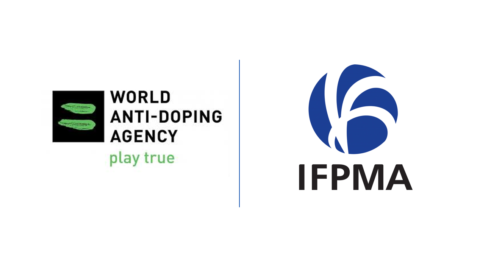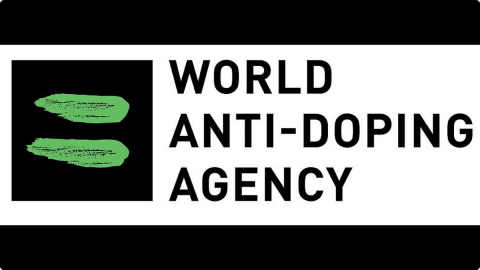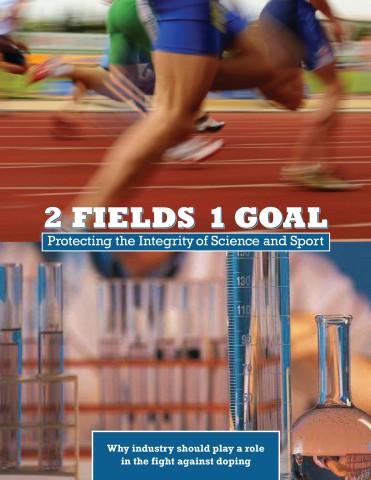Geneva / Montreal, 28 July 2020: The World Anti-Doping Agency (WADA) and the International Federation of Pharmaceutical Manufacturers and Associations (IFPMA) have signed a memorandum of understanding (MOU) that broadens the scope of information shared about marketed products as well as biomedical products that are still in the early stages of research and development, with the aim of developing anti-doping tests earlier. This agreement strengthens the long-standing cooperation between the two organizations in the protection of clean sport, encourages the reduction of drug abuse in sport and society, and facilitates faster implementation of detection methods for new performance-enhancing substances.
The pharmaceutical and biotechnology industries are part of a wider anti-doping community that collaborates with WADA and other key stakeholders in the fight against doping in sport. WADA and IFPMA have formally cooperated with each other since signing the first Joint Declaration on Cooperation in the Fight against Doping in Sport in July 2010. For the past decade, the pharmaceutical industry has been sharing its expertise to help find solutions to address this public health concern by working to mitigate the misuse of their products and to combat doping in sport effectively.
The early sharing of information and expertise is crucial to help establish detection methods and mitigate the risk for future abuse. The announcement of this new MOU, signed by WADA President Witold Bańka and the President of the IFPMA, David A. Ricks, will further strengthen WADA’s goals. This MOU is the latest in a series of successful bilateral collaborative exercises between WADA and the biopharmaceutical industry, including leading companies such as GlaxoSmithKline, Amgen, Pfizer, Astellas and Roche.
Mr. Bańka said: “We are very pleased that the IFPMA will be strengthening its cooperation with WADA in the protection of clean sport. Working closely with the biopharmaceutical industry is paramount if we want to detect new compounds that cheating athletes may look for to enhance performance. Identifying new substances with doping potential when they are still undergoing development facilitates much faster implementation of detection methods, which in turn benefits clean athletes worldwide.
“The clean sport movement is all about cooperation between multiple stakeholders for the good of athletes. We have seen tangible results from such collaborations between the research-based biopharmaceutical industry and anti-doping authorities, particularly the early development of anti-doping tests for medicines before they go on the market. This clearly demonstrates the benefit to athletes of these agreements in better controlling prohibited substances and reducing the associated health risks.”
Mr. Ricks said: “Doping undermines the integrity of scientific innovation. Our companies are discovering and bringing life-changing medicines to treat patients suffering from illness and disease, and we are committed to making safe medicines, as well as optimizing appropriate conditions for their use. We oppose misuse of our products for the purpose of improved athletic performance. Not only does it undermine the global sporting movement, it’s unsafe and wrong. We are proud to team-up with WADA to maximize the global athletic community’s ability to catch cheaters earlier in the game and work hand-in-hand to promote doping-free competition.”











